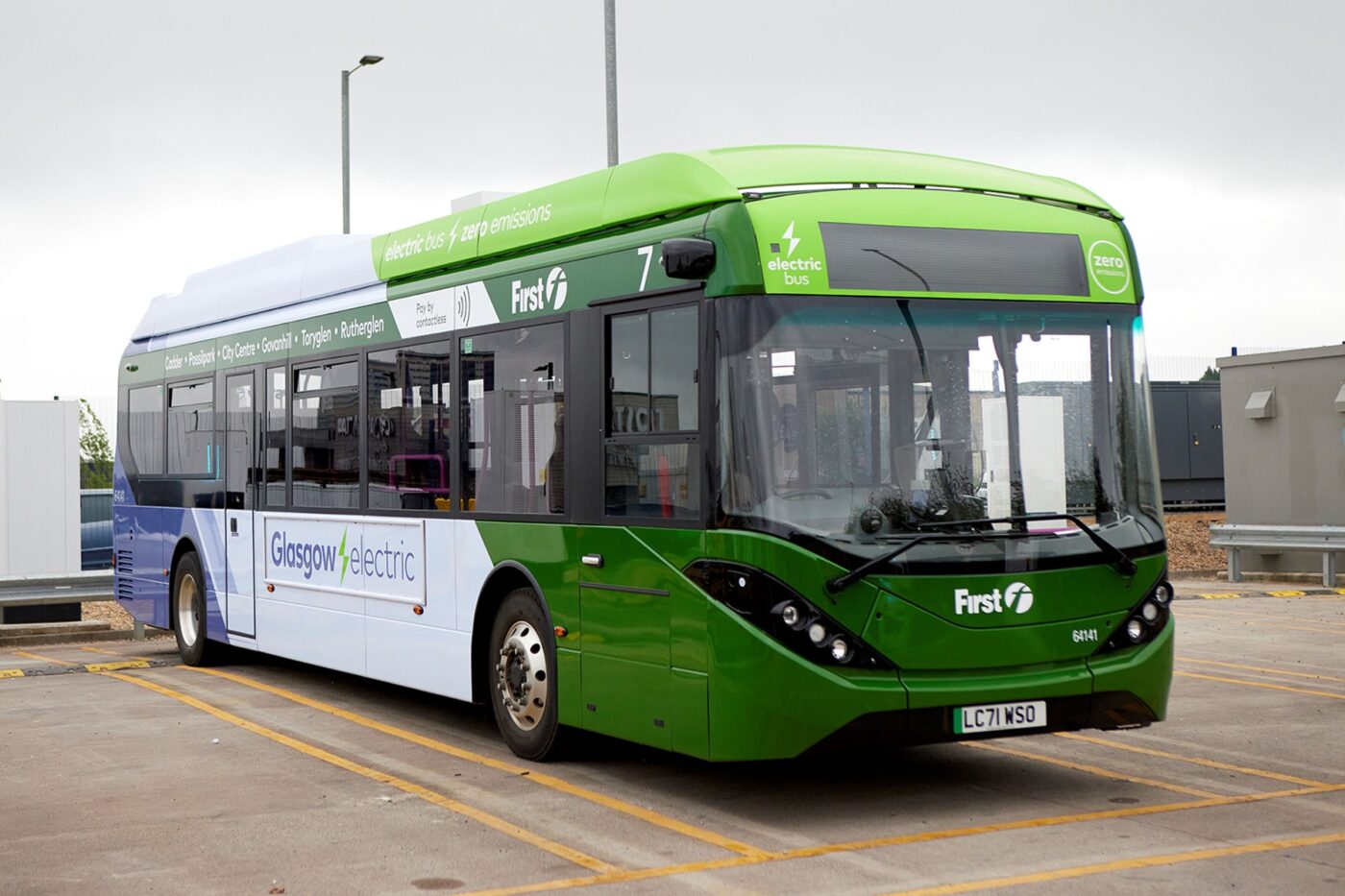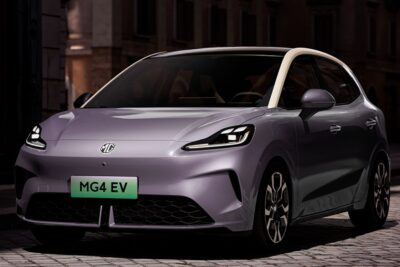UK funds 955 electric buses in second ZEBRA round
When the second funding round was first announced in September 2023, there was still talk of a budget of £129 million. However, the government actually awarded funding totalling £143 million, which is the equivalent of €16.3 million more than estimated.
As seen from the list of successful bidders that has now been published, £40 million will be prioritised for rural areas to finance the procurement of 318 vehicles. At the time of the presentation, there was still talk of £25 million for rural areas – albeit with the option of increasing this budget to £50 million.
The UK government received 58 applications from public transport authorities, some of which were joint applications. West Sussex County Council was the only authority to receive a commitment of over ten million pounds, albeit only by a very narrow margin (£10.1 million). However, the commitment is still subject to several conditions, so the sum could still change slightly. Other recipients of large sums of funding are Plymouth City Council (£9.5 million), West Northamptonshire Council (£9.4 million) and the Liverpool City Region Combined Authority (also £9.4 million). On the other hand, the highest number of subsidised electric buses is being procured by the Tees Valley Combined Authority, where 62 buses are being financed via ZEBRA 2.
As part of the programme, the Department for Transport is subsidising up to 75 per cent of the additional costs of a zero-emission bus compared to a conventional diesel bus of the same class. The vehicles must now be ordered by 31 January 2025. It is important that they are emission-free buses – whether battery-electric or fuel cell is not specified. However, experience from the first round has shown that most operators favour the former.
As part of that first tranche, a total of £268 million was paid out to 16 local authorities, which have used it to procure over 1,300 locally emission-free buses. The funding programme has also had a visible impact on new registrations in 2023.
“As part of our plan to improve local transport across the country, we’re providing a further £143 million to improve journeys for bus passengers particularly in rural areas, with almost a thousand brand new, zero emission buses due to hit the road,” says Transport Minister Mark Harper. “This latest investment into our bus fleet comes on top of the £3.5 billion we have invested into our bus network since 2020, protecting and improving bus routes into 2025.”
Update 25 March 2024
The British transport company First Bus is investing £89 million in a further 178 zero-emission buses and the necessary infrastructure in four regions. To this end, First Bus has secured grants totalling £16 million as part of the latest funding round of the ZEBRA programme.
In a recent press release, the company itemises the 178 electric buses at the individual depots. Accordingly, 25 electric buses (13 single-deckers and 12 double-deckers) will be stationed at the Taunton depot in cooperation with Somerset Council. A further 24 electric double-deckers are planned for the Weston-super-Mare depot, where First Bus works with North Somerset Council. A total of 55 electric buses (31 single and 24 double-deckers) will be based at the Basildon depot. There, First Bus works with Essex County Council. A total of 74 electric buses (7 single and 67 double-deckers) will be stationed at the Hengrove depot in partnership with the West of England Combined Authority (WECA). It is not specified which manufacturer will be involved.
Once the new projects are completed, First Bus will operate over 800 zero-emission buses and infrastructure at 14 depot locations across the UK, representing 18 per cent of the public transport operator’s total UK bus fleet. By 2035, First Bus’ entire fleet will be emission-free.
route-one.net (including the full list), gov.uk, firstbus.co.uk (First Bus)





0 Comments